VOICE OF FLAME
Enduring Waters: The Significance of Warangal's Cheruvulu in Contemporary Times | Discover India Program
03 Sep 2024 | Author: Gayatri Kovvuri |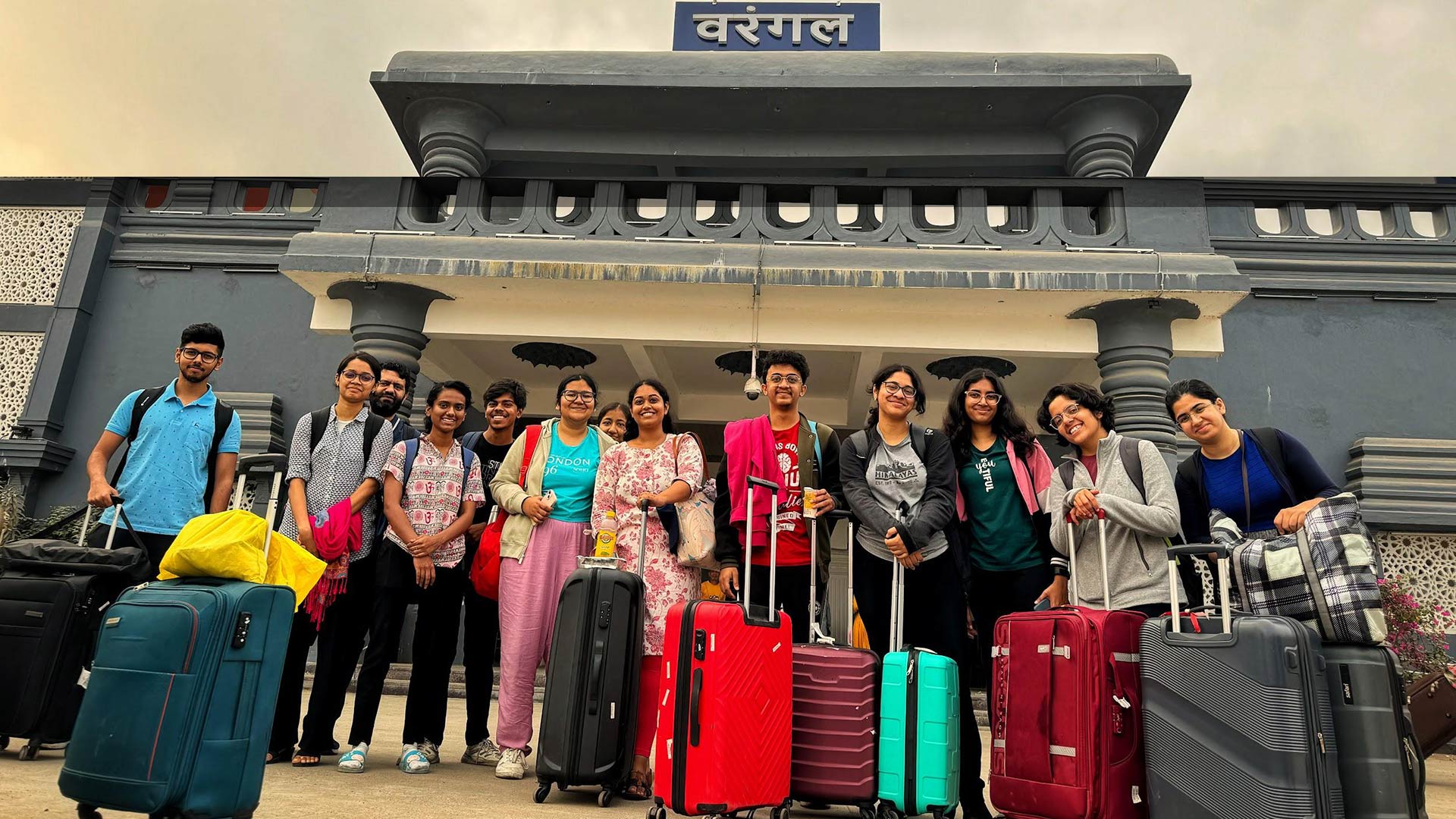
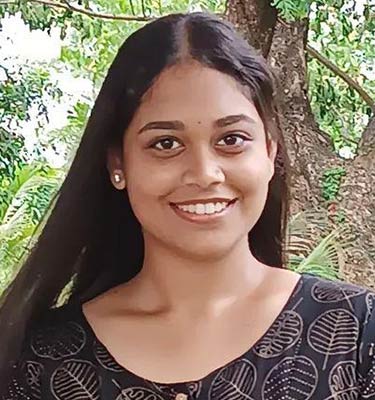
Enduring Waters: The Significance of Warangal's Cheruvulu in Contemporary Times | Discover India Program
The Discover India Program (DIP) at FLAME University is an exhilarating expedition promising to reveal the intricate tapestry of India's landscapes, cultures, and histories. It allows students to venture beyond textbooks, uncovering hidden stories and experiences that define the essence of the nation. This initiative by FLAME University immerses students in the cultural ethos of the country. It is a true exploration, exposure, and research experience where students are actively participating and on their way to personal transformation.
Our journey began with immense anticipation and excitement as we eagerly awaited the boundless opportunities ahead. With enthusiasm guiding us, we selected a topic that would capture our fascination and enrich our understanding of India’s rich heritage.
After thorough deliberation and collaborative effort, the Cheruvulu in Warangal emerged as our chosen path of exploration. This decision stemmed from our desire to delve into a subject resonating deeply with historical allure and contemporary relevance.
Armed with curiosity, we set on our journey to unravel the layers of history woven into Warangal’s Cheruvulu. Little did we anticipate that this journey would not just test us intellectually but also deepen our appreciation of India’s diverse heritage.
The Cheruvulu: A Historical and Cultural Treasure
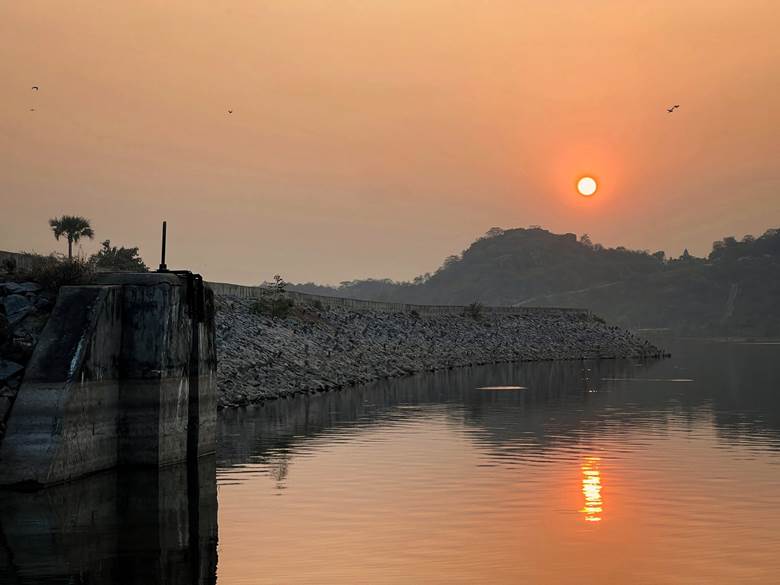
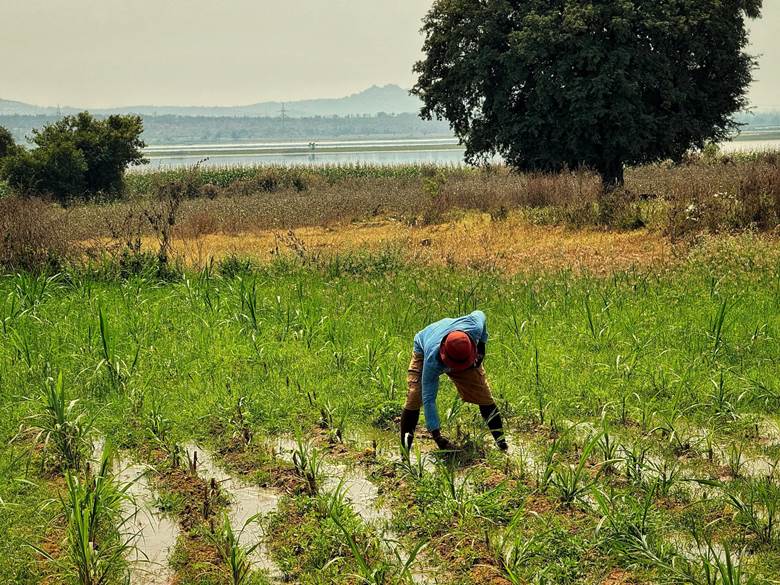
The word "Cheruvu" means "lake,". These are water reservoirs that serve various functions such as irrigation, household needs and enhancing the area’s beauty. Cheruvu were established by the Kakatiya dynasty during 900 CE to 1323 CE.
In Warangal, Cheruvulu are not merely water bodies; they stand as historical monuments showcasing the innovation and vision of the Kakatiya rulers. Since they showed such cultural significance and were an intrinsic part of people’s lives, Our research project sought to explore the socioeconomic importance of these lakes
Prep, Set, Explore - Mapping the DIP journey
Forming the team
Our group consisted of passionate and inquisitive individuals from various academic backgrounds. Each team member contributed distinct skills and viewpoints, which allowed our research to be thorough and well-rounded. We prepared extensively for months, participating in skill-building workshops that provided us with the essential tools for conducting effective field research, learning from our DIP faculty mentors, diving into pre-field research and planning for the journey.
Setting foot in Warangal
Warangal greeted us with its rich history and vibrant culture. This ancient city, originally the capital of the Kakatiya kingdom, is brimming with historical landmarks, temples, and the beloved Cheruvulu lakes. Our trip to Warangal was about more than simply history; we also wanted to visit new locations and meet new people. Many of us had never travelled by train without our families, so it was a new and thrilling experience. We had to manage our time well and take responsibility for ourselves and our coworkers.
We had a lot of fun together, ordering our favourite food on the train, playing card games, and chatting with other passengers. We also celebrated a teammate's birthday, which made the research trip even more memorable. It was a learning experience that taught us important life lessons, and we all had a terrific time ensuring the trip's success.
Unveiling the Significance of Cheruvulu
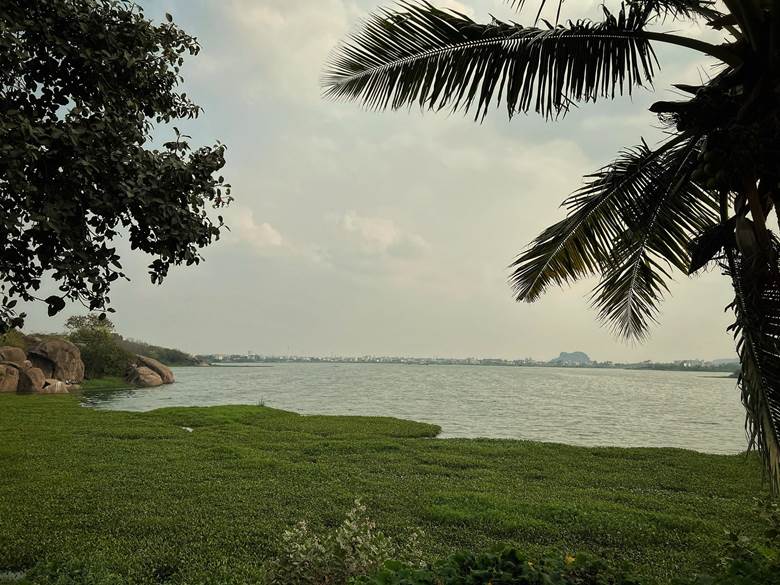 The Cheruvulu plays a crucial role in Warangal's economy. These lakes are mainly used for irrigation, which supports agriculture, a key component of the local economy. The water from the Cheruvulu helps irrigate fields, ensuring a consistent crop yield. These beautiful lakes are also a foundation for tourism in Warangal as they generate job opportunities and stimulate economic growth.
The Cheruvulu plays a crucial role in Warangal's economy. These lakes are mainly used for irrigation, which supports agriculture, a key component of the local economy. The water from the Cheruvulu helps irrigate fields, ensuring a consistent crop yield. These beautiful lakes are also a foundation for tourism in Warangal as they generate job opportunities and stimulate economic growth.
Emotions, Cultures and Conversations
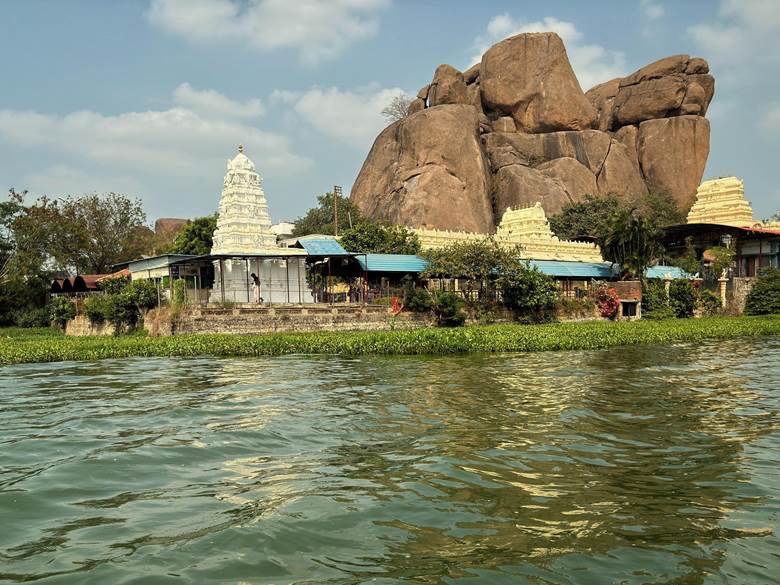 As we explored Warangal, we learned that the Cheruvulu hold deep emotional value for the residents. These lakes are woven into the fabric of local life, evoking nostalgia, joy, and a connection to a less polluted past. The Cheruvulu are also integral to the region’s religious and cultural practices, serving as venues for rituals and festivals. This emotional and cultural connection is vital for appreciating the impact of the Cheruvulu on the local community.
As we explored Warangal, we learned that the Cheruvulu hold deep emotional value for the residents. These lakes are woven into the fabric of local life, evoking nostalgia, joy, and a connection to a less polluted past. The Cheruvulu are also integral to the region’s religious and cultural practices, serving as venues for rituals and festivals. This emotional and cultural connection is vital for appreciating the impact of the Cheruvulu on the local community.
One interviewee shared a heartfelt memory, saying, "Ever since I was a kid, I've been playing with my friends near the Cheruvu. Even now, I cannot imagine life without it. Cheruvu is indeed a gift in our lives." This personal reflection highlights just how important the lakes are, not just as natural resources but as cherished parts of the community's identity and everyday life.
Impact of Urbanization, and Pollution on the Cheruvulu
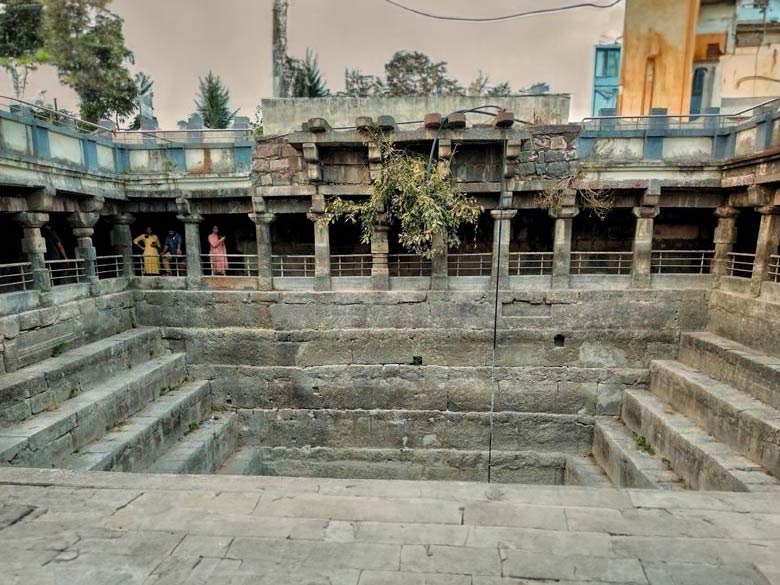 We found that urbanization has significantly impacted the Cheruvulu, leading to increased pollution and encroachment. These once-clear lakes are now contaminated, reducing their suitability for activities like drinking water.
We found that urbanization has significantly impacted the Cheruvulu, leading to increased pollution and encroachment. These once-clear lakes are now contaminated, reducing their suitability for activities like drinking water.
Urban growth has transformed the utilization of Cheruvulu. Once vibrant and vital, these water bodies now struggle to maintain their historical and economic significance.
Meeting the stakeholders 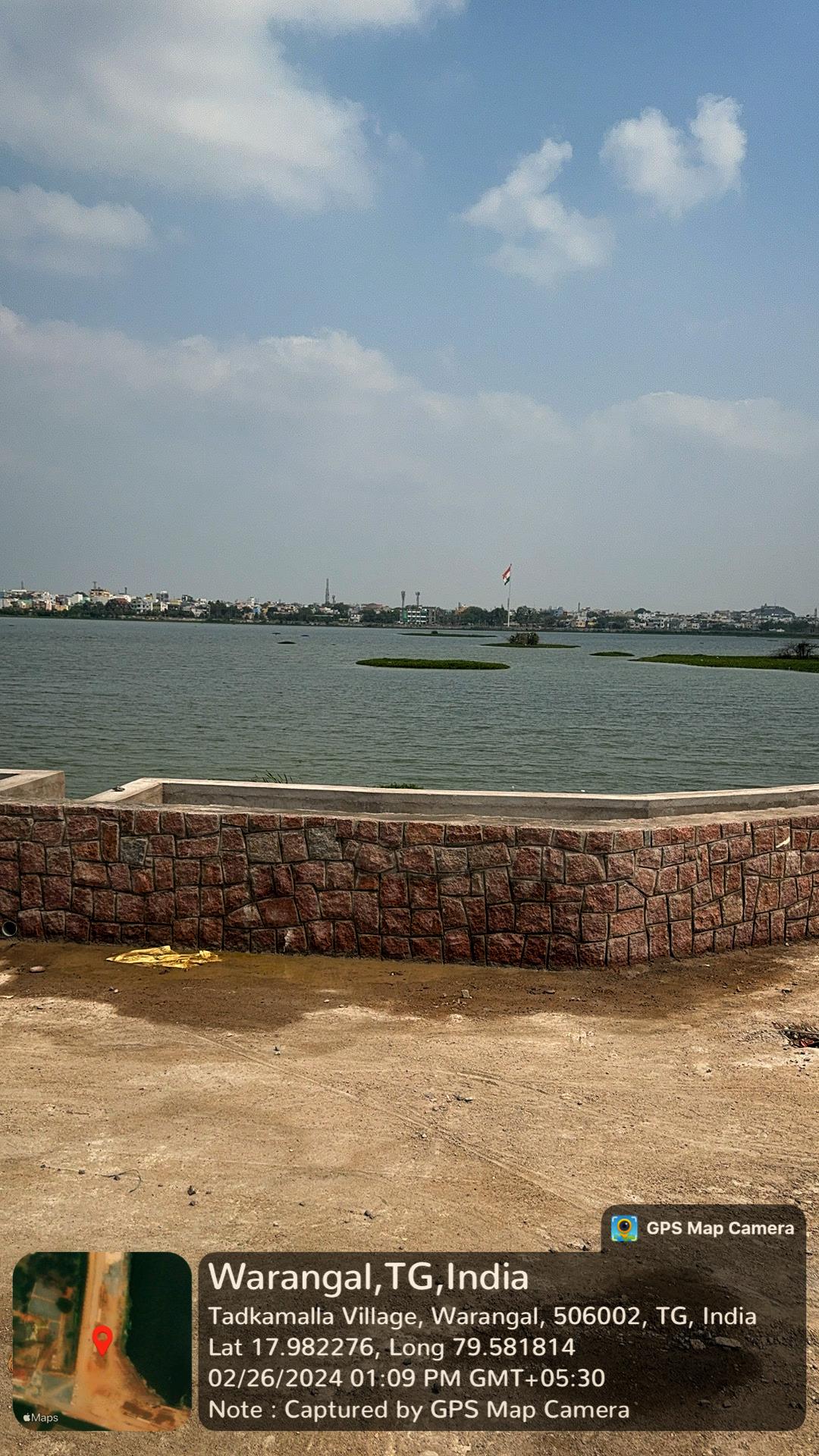
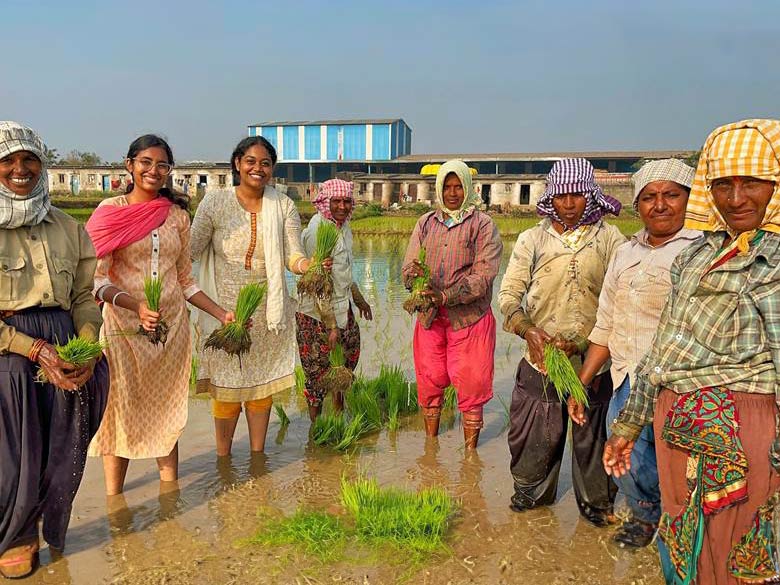 A major challenge we discovered is the lack of cohesive communication among various stakeholders. Farmers, residents, government officials, and policymakers often operate independently, each with a limited understanding of the overall situation. This disjointed approach impedes the creation of comprehensive and effective policies for the Cheruvulu.
A major challenge we discovered is the lack of cohesive communication among various stakeholders. Farmers, residents, government officials, and policymakers often operate independently, each with a limited understanding of the overall situation. This disjointed approach impedes the creation of comprehensive and effective policies for the Cheruvulu.
We realised the importance of conducting more thorough research into the social dimensions of the Cheruvulu. Grasping the diverse meanings and functions of these lakes is crucial for crafting policies that maximize their advantages for the local community.
A Transformative Experience: Cherishing and Preserving a Legacy
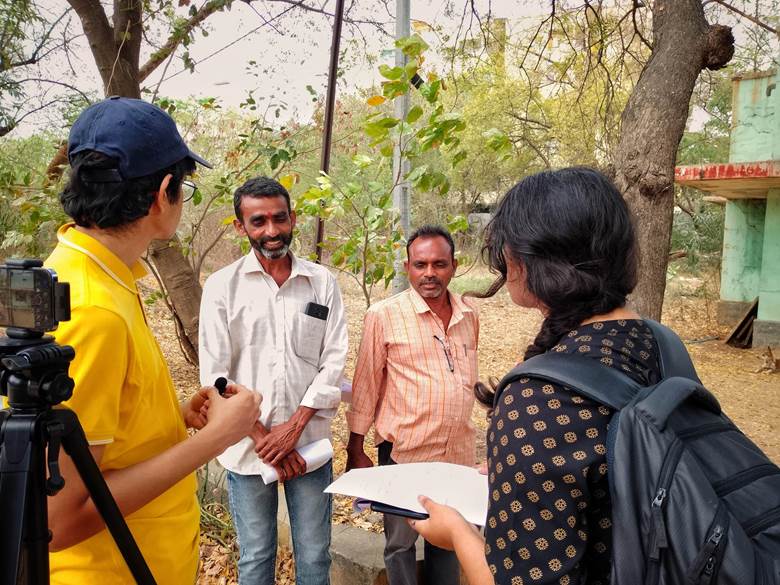 Our expedition to Warangal and our study of the Cheruvulu was enlightening and deeply rewarding. We learned that these lakes are a lot more than mere water reservoirs; they are emblems of historical brilliance and emotional significance. They are integral to the local economy, supporting both agriculture and tourism, and they hold a profound place in the hearts of the community.
Our expedition to Warangal and our study of the Cheruvulu was enlightening and deeply rewarding. We learned that these lakes are a lot more than mere water reservoirs; they are emblems of historical brilliance and emotional significance. They are integral to the local economy, supporting both agriculture and tourism, and they hold a profound place in the hearts of the community.
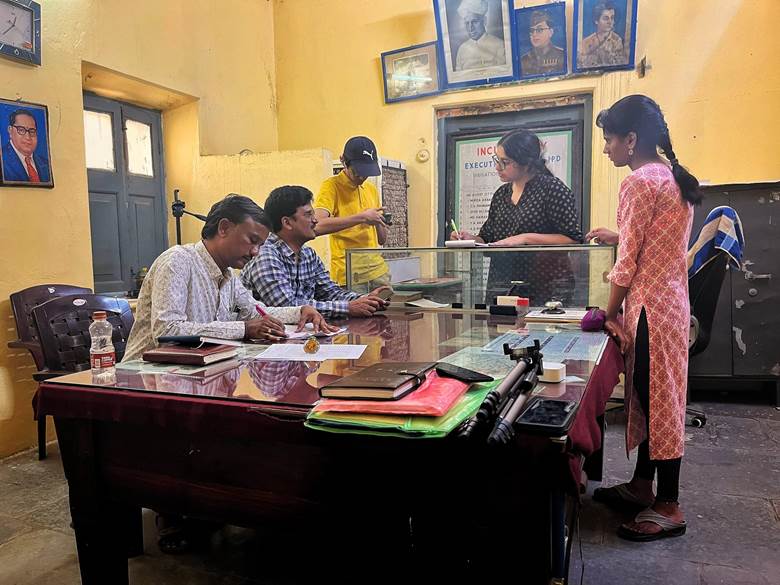 Nevertheless, the challenges of urbanization and pollution are significant and urgent. It's essential to tackle these issues through extensive research and joint policy-making efforts. This approach will help ensure that the Cheruvulu continue to benefit the community and remain a valued part of Warangal's heritage.
Nevertheless, the challenges of urbanization and pollution are significant and urgent. It's essential to tackle these issues through extensive research and joint policy-making efforts. This approach will help ensure that the Cheruvulu continue to benefit the community and remain a valued part of Warangal's heritage.
Participating in the Discover India Program has provided us with much more than an academic endeavour. It has deepened our appreciation for the complex interplay between history, the environment, and society. This experience is one we will treasure forever, emphasizing the importance of safeguarding our cultural and natural heritage for future generations.
Reflection on the Cheruvulu
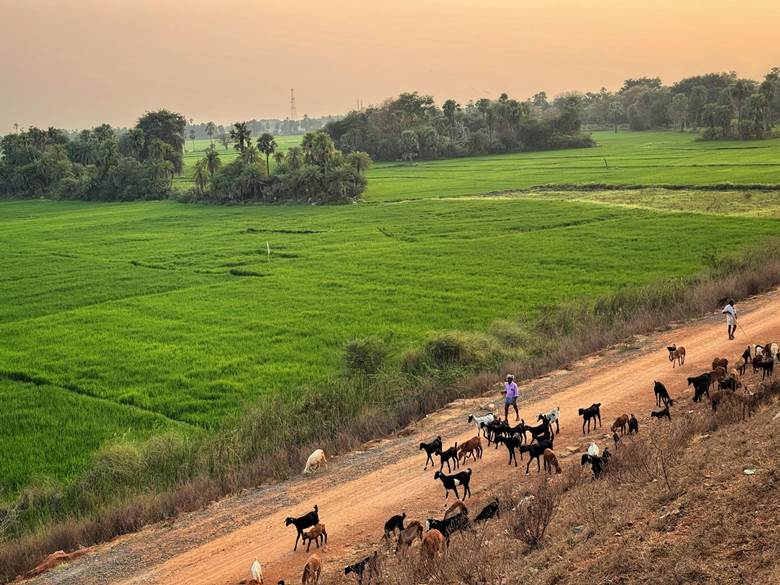 The Discover India Program has not only helped us hone our research capabilities but has also deepened our admiration for India's vibrant cultural and historical significance.
The Discover India Program has not only helped us hone our research capabilities but has also deepened our admiration for India's vibrant cultural and historical significance.
Looking ahead, we aim for our research to catalyze significant policy changes and practical improvements. We aspire to witness the Cheruvulu of Warangal restored to its original splendour, benefiting the local community and inspiring future generations.
Warangal and its Cheruvulu have left an enduring impression on us. We are thankful for the opportunity to explore, learn, and contribute to this captivating part of India. Our journey with the Cheruvulu is ongoing, and we are committed to further understanding and preserving this invaluable legacy.
Team members: Aditi Hamanapurkar, Advika Sahiti Udumula, Gayatri Kovvuri, Kinjalkini Gautam, Kshitij Sharma, Mishita Thapar, Muskan Nigam, Pranjali Chhajed, Sai Abhijeet Ratnaparke, Shashank Singh, Shrutika Polekar, Sruti Samhita Malladi, Uzer Usmani
(Author: Gayatri Kovvuri, Undergraduate Student)






